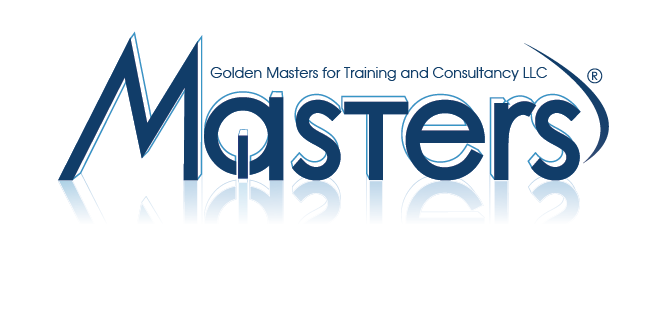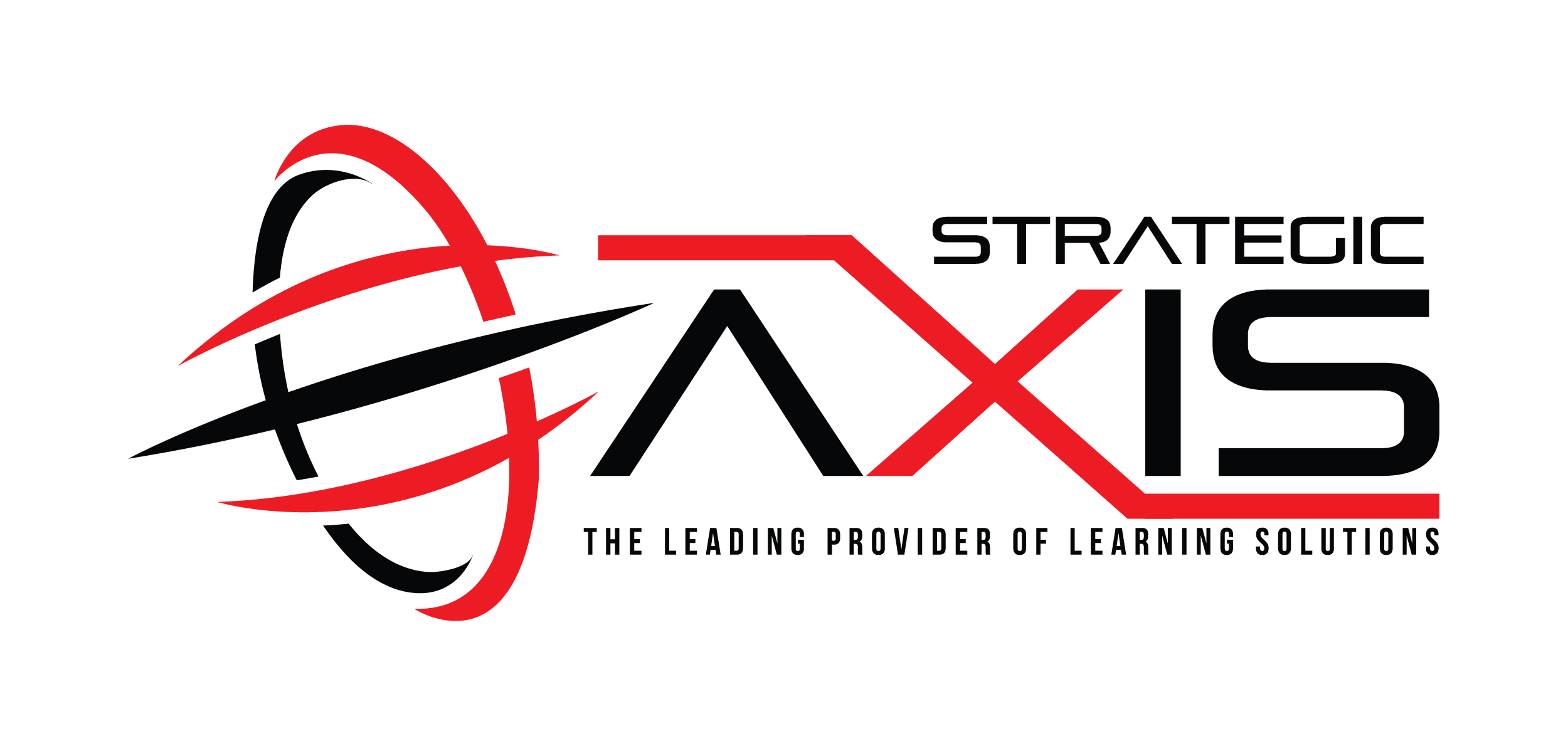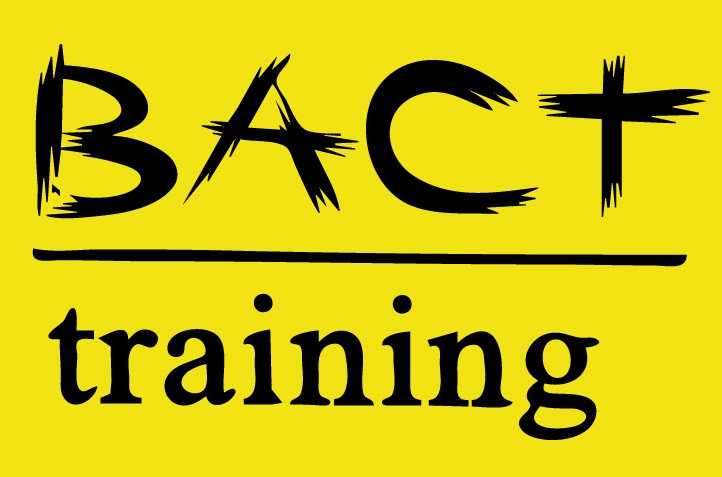Course Description
Management accounting is an integral part of financial management. Management accounting techniques have now become indispensable tools, widely used by companies to deal with process improvement and in support of their strategic decision-making.
The implementation of costing systems, budgetary control systems, and performance reporting are further important management accounting functions that support the planning and control processes of the business.
One of the roles of accounting is to determine how well a business may or may not be performing and how its business processes may be improved. The management accounting function is particularly concerned with the problem-solving and decision-making roles of accounting.
Delegates will be able to understand, apply and critically evaluate management accounting techniques used in planning, control, process improvement, and decision-making within organisations. They will also be able to identify how management accounting can provide support for the strategic aims of the business.
Course Objective:
Attendees will develop their costing and management accounting knowledge and skills through being able to:
- Use the alternative approaches of full costing and marginal costing
- Develop activity based costing (ABC) to deal with the over and under-costing products and services
- Evaluate the differences between full costing, marginal costing, and activity based approaches to costing
- Use break-even analysis
- Develop cost/volume/profit (CVP) relationships and Excel© models for ‘what-if’ analysis and profit modelling
- Construct budgets for planning and control
Use the techniques in support of:
i. make-versus-buy decisions
ii. shut-down versus continuation decisions
iii. product mix decisions
- Consider risk and uncertainty and their impact on decision-making
- Develop systems of performance evaluation and budgetary control
- Use modern approaches to cost management and strategic accounting, for example activity based management (ABM), quality costing, and balanced scorecard.
Course Certificate:
Masters Consultant certificate will be issued to all attendees completing minimum of 75% of the total tuition hours of the course.
Who Should attend?
Within all businesses, performance is measured in one way or another and there is a requirement to read, interpret, or contribute to business financial reports in the support of improvements to operational and financial performance.
This seminar will benefit those employed in a non-financial or financial role in administration, operations, manufacturing, marketing, engineering, logistics, purchasing, accounting and finance, and human resources management, and also project managers and senior managers who are involved with development of long-term customers, suppliers, outsourcing partners, and other strategic roles.
Course Outline:
- The Elements of Management Accounting
- Financial Accounting versus Management Accounting
- Fixed Costs and Variable Costs
- Full costing
- Marginal Costing
- Activity Based Costing (ABC)
- Break-even and Cost/Volume/Profit (CVP) Analysis
- Budgeting and Control Systems
- The Budget as a plan
- Budgeting for control
- Preparing The Budget
- Control Systems
- Motivational and Behavioural Aspects of Budgeting
- Problems in Budgeting
- Decision-Making
- Approaches to Risk and Uncertainty
- Relevant Costs
- Deciding Whether to Shut Down a Department or a Plant
- Deciding Whether to Outsource or Manufacture
- Deciding on The Optimal Product Mix
- Pricing decisions
- Budgetary Control
- Standard Costing Systems
- Standard Costs
- Flexible Control Budgets
- Variance Analysis
- The Reasons Why Variances Occur
- Reporting Management Performance
- Modern Approaches to Cost Management
- Activity Based Management(ABM)
- Life-cycle Costing, Target Costing, Kaizen Costing, and Quality Costing
- Just in Time (JIT)
- Management Accounting Strategies
- Balanced Scorecard
- Transfer Pricing





